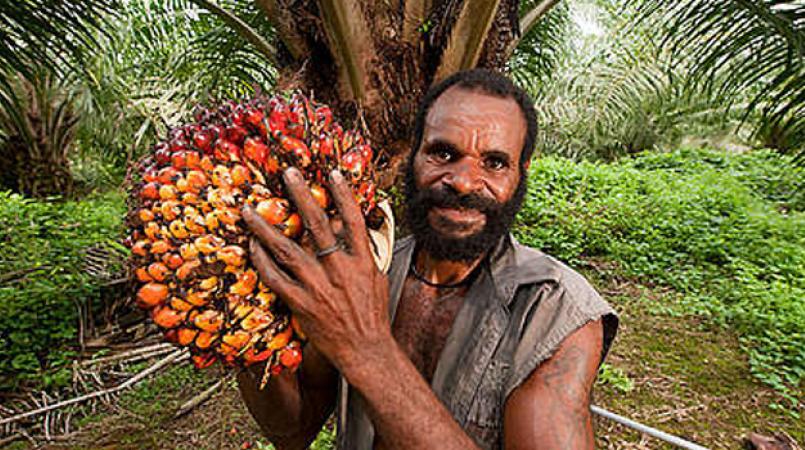
RSPO came about as a result of NGOs in PNG, Indonesia and Malaysia in collaboration with international partners in consumer countries who have criticized palm oil producers over many decades and exposed many issues.
These issues include human rights abuse, land grabbing and a whole host more in relation to palm oil production dubbing it ‘The Greasy Palm’ in an earlier report by and 'Conflict Palm Oil' in a recent publication by Rainforest Action Network (RAN).
The RSPO is a voluntary self-check mechanism for the Palm Oil Industry that has a set of guidelines called the Principles and Criteria or P&C for short. Although these P&Cs are not enforceable, they provide the benchmark for monitoring performance standards. RSPO membership cuts across all sectors that include planters, milling companies, manufacturers, consumers, banks and financial institutes and suppliers of chemicals and equipment to the industry.
It is now a requirement that all companies and its out growers in a plasma system need to undergo a stringent independent audit at the end of which a Certificate of Compliance is issued.
“While some may argue that our people must not be subject to neo-colonisation compulsion to conform in this 21st Century we must consider these guidelines and certification of conformance as a necessary safe guard against neo-colonialism itself. The industry is driven by the consumers. Only through exposing the HR and environmental issues related with palm oil production the stakeholders more especially consumers and bankers demand that palm oil brought to the market meets strict guidelines aimed at eliminating abuse,” according to the RAN publication.
In this regard PNG is the RSPO champion for its vibrant open dialogue and collaboration between CSOs and major planter and milling company NBPOL to ensure that palm oil is produced meeting all standards in the RSPO Principles & Criteria. To date NBPOL is the only milling company that has an open line and even the door to its CEO for anyone to discuss grievances if one is unsatisfied with the results at the field and management levels.
NBPOL has invested a great deal of effort to reach the current levels of transparency in dealing with landowners and civil society which deserves commendation. As a demonstration of social responsibility NBPOL has actually gone out of it way on many occasions to petition the Lands Department on behalf of its smallholders over the issuance of title documents for smallholders on LSS blocks.
Land title documentation for both plantations and smallholders is an important conformance matter. While the Plantation Company needs the documentation to prove it had acquired the plantation land appropriately and has not deprived any anybody else rights over the land, the smallholder needs it as social security safeguard as is with owners of customary of land who live and survive off their land. In both cases the use of the land is absent of conflict therefore palm oil produced on it has not abused anyone’s rights.
Last week the Chairman of Popondetta Oil Pam Growers Association expressed frustrations over the lack of action by the Lands Department. The Provincial Governments in oil palm dependent provinces are urged to make this a priority and if not the Governors should take personal responsibility to ensure that the provincial lands offices are doing something about it.
